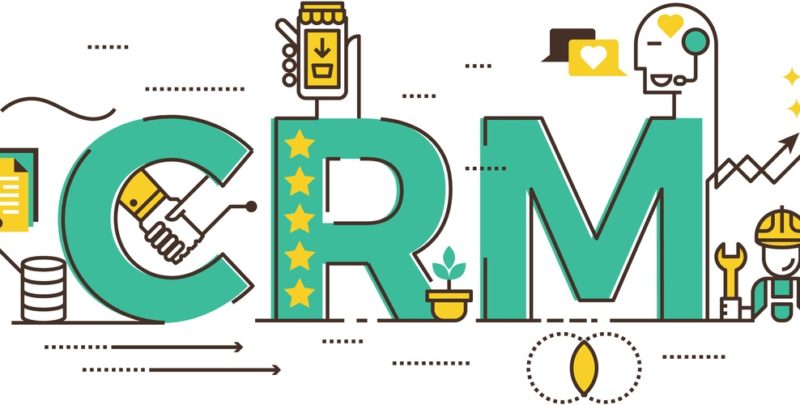If you want your ecommerce website to excel, you will need to equip yourself with the right software. And the best software tool available to achieve this goal is a CRM (Customer Relationship Management). In order to identify the best ecommerce CRM tool for your online business, you have to first understand the benefit of having these tools.
How a CRM Helps Your Online Business
A CRM application is software that every online business needs to have no matter the size. Without a CRM in place, you have no way of knowing who your customers are, whether their needs are being met and if your website is functioning at an optimal level. These are just some of the benefits linked to the software.
- The CRM will keep track of all your customer interactions. Whenever a customer needs help, the CRM will notify you about this request. Since everything is centralized from within the CRM, you won’t have customer requests go unanswered.
- The CRM can let you know whether there are bottlenecks within your website. If you are getting a good amount of traffic to particular areas on your site but visitors are not buying, then you may have technical issues to address. Without the CRM, you might decide that it’s the product that is not selling rather than the site itself.
- There is an accounting application that will work with your CRM. When you have the accounting module installed and configured, you will know how much revenue is coming into the organization and going out. This is very useful tool when your ecommerce website is scaling and you need to redeploy capital.
The CRM also can help with boosting income by deploying the email marketing application. This email marketing application is arguably the best ecommerce CRM tool your ecommerce site could ever have. When the app is installed, you will have the ability to launch highly targeted advertising campaigns.
- Instead of spending money on third-party marketing service providers, you can launch an email marketing campaign from within the CRM instead. Emails can be crafted to the needs of your customers. The way you do this is by looking at what areas of your website the customer visits the most (this data is provided via customer behavioral activities). When you send targeted emails, the odds of the customer clicking on it and making a purchase increases dramatically.
- You can use the email module to handle customer service issues as well. By sending and receiving emails from within the CRM, you are less likely to overlook one, which should also reduce the risk of potential customer service issues.
By having the right CRM tools in place, your ecommerce business can flourish; it is just a matter of implementation. The sooner you start using this technology the more market share you stand to acquire.

Comments are closed